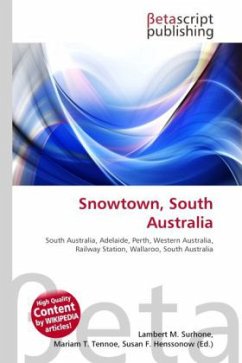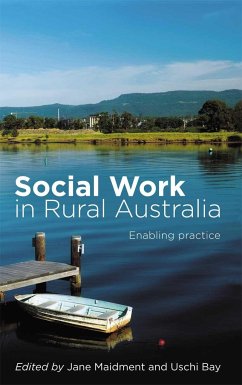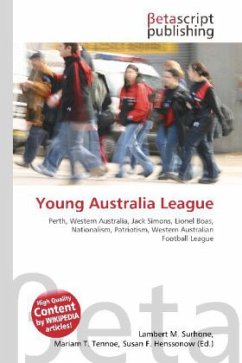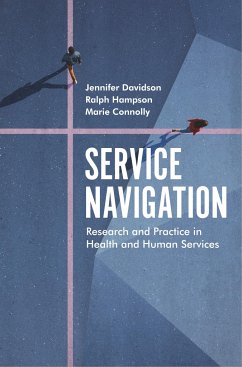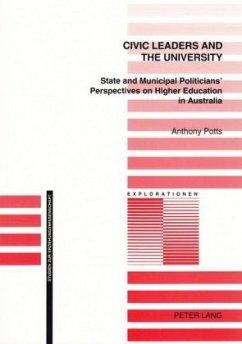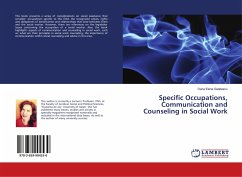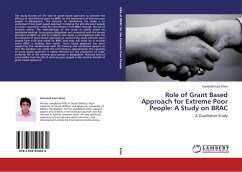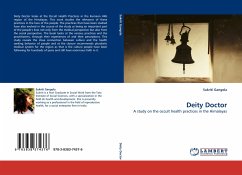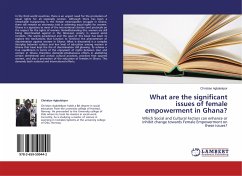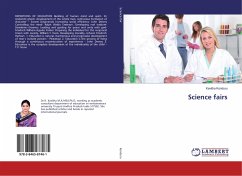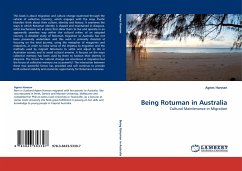
Being Rotuman in Australia
Cultural Maintenance in Migration
Versandkostenfrei!
Versandfertig in 6-10 Tagen
52,99 €
inkl. MwSt.

PAYBACK Punkte
26 °P sammeln!
This book is about migration and culture change examined through the vehicle of collective memory, which engages with the ways Pacific Islanders think about their culture, identity and history. It examines the ways in which Rotuman identity is shaped and maintained in diaspora, what mechanisms are in place that allow them to live and operate in an apparently seamless way within the cultural milieu of an adopted country. A detailed study of Rotuman migration to Australia has not been previously undertaken and this work is primarily directed at focusing on the total journey, using the metaphor o...
This book is about migration and culture change examined through the vehicle of collective memory, which engages with the ways Pacific Islanders think about their culture, identity and history. It examines the ways in which Rotuman identity is shaped and maintained in diaspora, what mechanisms are in place that allow them to live and operate in an apparently seamless way within the cultural milieu of an adopted country. A detailed study of Rotuman migration to Australia has not been previously undertaken and this work is primarily directed at focusing on the total journey, using the metaphor of waypoints and endpoints, in order to make sense of the impetus to migration and the methods used by migrant Rotumans to settle and adjust to life in Australian society and to avoid cultural anomie. It focuses on the ways collective memory has been used by them to fashion their identity in diaspora. The forces for cultural change are enormous in migration but the forces of collective memoryare as powerful. The interaction between these two powerful forces has provided and will continue to provide both cultural stability and economic opportunity for Rotumans overseas.



